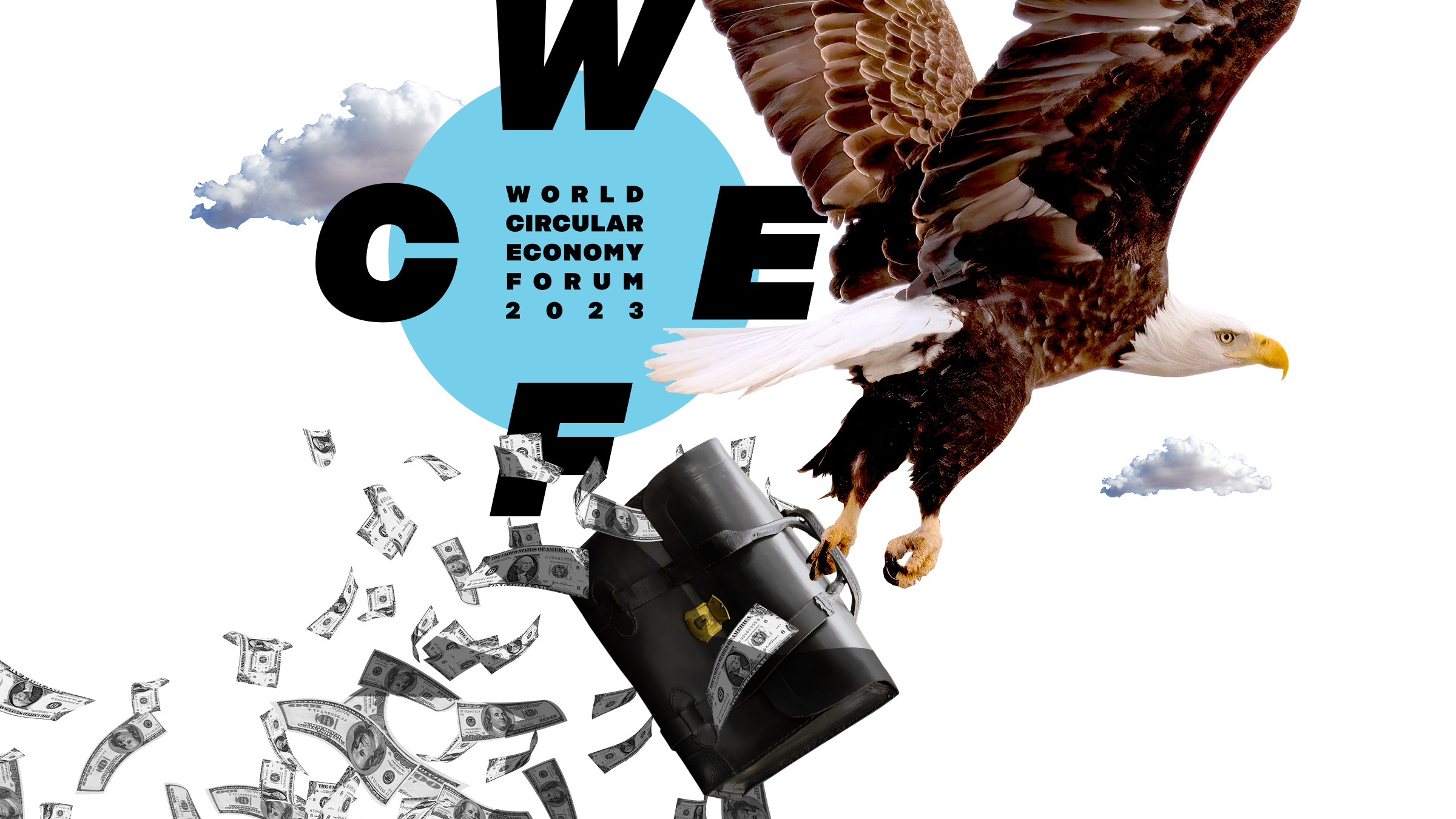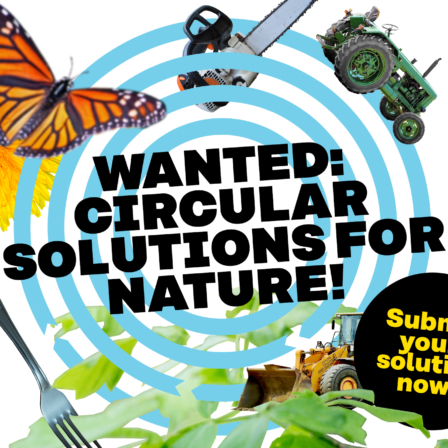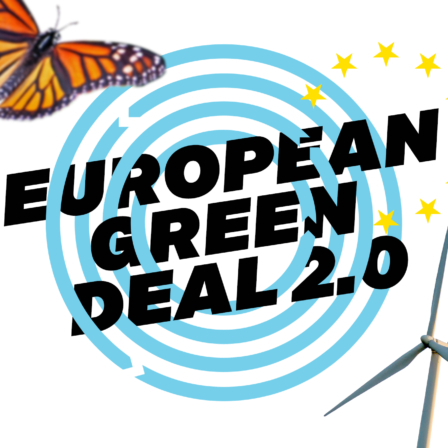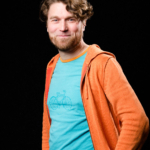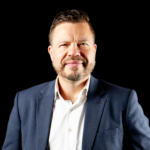The world’s leading Multilateral Development Banks (MDBs) are stepping up their cooperation to promote the circular economy. The banks announced their combined effort at the World Circular Economy Forum WCEF2023 in Helsinki.
“Until now, financing for circular economy projects has remained marginal. Now we want to change that. Developing the capacity and tools for the proper assessment of circular economy investment will require collaboration between financial institutions. The financing of innovation is particularly important to support the emergence of circular economy solutions,” says Ambroise Fayolle, vice-president of the European Investment Bank (EIB).
In addition to the EIB, the African Development Bank (AfDB), the European Bank for Reconstruction and Development (EBRD), the Inter-American Development Bank (IDB) and the World Bank are also involved.
Until now, financing for circular economy projects has remained marginal. Now we want to change that.
Ambroise Fayolle, vice-president of the European Investment Bank (EIB)
It is difficult for a single company to gain financing, because in the circular economy value is created in value chains made up of several companies. Companies may also use new business models or technologies that investors consider risky.
The MDBs that agreed during WCEF2023 to tighten their cooperation aim to increase the share of impactful circular economy projects in their financing. Banks see the potential of the circular economy in achieving economic success in their target countries and in improving the ability of economies to respond to unexpected challenges and changing circumstances.
“The banking institutions have now acknowledged the challenge to reach the 2030 sustainability goals, and the economic risks which follow if these targets are not met. We hope that these encouraging examples will also convince private investors that the circular economy can be profitable business,” says Svein Berg, CEO of Nordic Innovation. Nordic Innovation, an organisation under the Nordic Council of Ministers, is co-hosting WCEF2023 alongside Sitra.
WCEF2023 also saw evidence that circular economy businesses can grow and flourish with private funding.
“Over the past 25 years, our company has demonstrated that circular models can be profitable, financially competitive and environmentally beneficial. However, for circularity to become the norm, we urgently need policymakers to provide a level playing field for the circular economy in regulation, tax and policy,” says Carmen Ene, CEO of 3stepIT, a Finnish provider of circular economy IT solutions.
WCEF’s cooperation with international organisations deepens
During this year’s Forum, it was also agreed to strengthen cooperation between the World Circular Economy Forum and three international organisations:
- The International Resource Panel (IRP), hosted by the United Nations Environment Programme, will continue to provide the WCEF with a solid basis for the international scientific community’s views on sustainable use of natural resources and the circular economy. The collaboration is also a step towards better resource management that is based on circular principles.
- Circle Economy, based in the Netherlands, is a leading organisation specialising in measuring the circular economy and providing advice, assistance and solutions on how it can be implemented to both the public sector and businesses. The partnership with WCEF will provide the community with insights into the current state of the circular economy around the world and give Circle Economy the opportunity to better leverage the knowledge and skills of the global community of practitioners to accelerate the circular transition on the ground.
- The United Nations Development Programme (UNDP) helps countries around the world fight poverty, inequality and climate change. Collaboration with the WCEF network also brings the circular economy more firmly into UN development policy.
2024 World Circular Economy Forum to be held in Brussels
The World Circular Economy Forum 2024 will take place next spring in Brussels, Belgium. The exact time and place, as well as the themes of the Forum, will be announced later. The Brussels Forum will be the eighth iteration of the event.
You might be interested in these
WCEF2023 has brought over 1,800 participants to Helsinki. The event has been followed online by more than 5,000 people. In addition, activities were held in the WCEF Studios in Windhoek, the capital of Namibia; Delhi, India; Singapore; and Nairobi, the capital of Kenya. In Europe, the WCEF Studio was organised as a continent-wide online debate. The event has also attracted media interest, with more than 100 journalists from around the world following WCEF2023.
“The collaborative projects published at the WCEF and the thousands of encounters that took place at the Forum show there is a strong demand for circular activities and leadership. The WCEF draws together professionals from various sectors and different types of organisations who apply their unique talents to this critical activity,” says Jyrki Katainen, President of Sitra.
Sitra organised the first World Circular Economy Forum in 2017. Since then, the WCEF has been held in Rwanda, Canada, Japan, the Netherlands and Finland.
Media contacts
Samuli Laita, Leading communications specialist, Sitra, the Finnish Innovation Fund, samuli.laita@sitra.fi, tel. +358 40 5368650
Lena Henriksson, Head of communication, Nordic Innovation, l.henriksson@nordicinnovation.org, tel. +47 9113 8654
For editors
The WCEF2023 logo and press photos are available at Sitra’s material bank.
The World Circular Economy Forum (WCEF) creates a new economy, businesses and jobs, by leveraging circular solutions to solve the planetary crises. Since 2017, the Forum has gathered together forward-looking thinkers and doers and presents the game-changers in the circular economy and showcasing the world’s leading circular economy solutions. Now is the time to scale up circular solutions everywhere. WCEF is a global initiative of Finland and Sitra, the Finnish Innovation Fund. The WCEF2023 is jointly organised by the Sitra and Nordic Innovation.
The Finnish Innovation Fund Sitra is a future fund that collaborates with partners from different sectors to research, trial and implement bold new ideas that shape the future. Sitra is a nationally and internationally influential think-and-do-and-connect tank, a promoter of experimentation and new operating models, and a facilitator of co-operation. Its aim is a Finland that succeeds as a pioneer in sustainable well-being. Sitra was named the number one public-sector circular economy accelerator in the world when Sitra won the public-sector category of the Circulars Awards 2018 for its pioneering work to accelerate the world’s transition to a circular economy.
Nordic Innovation is an organisation under the Nordic Council of Ministers. They aim to make the Nordics a pioneering region for sustainable growth by promoting entrepreneurship, innovation and competitiveness in Nordic businesses. Their work is based on the Nordic prime ministers’ vision that the Nordic region will become the most sustainable and integrated region in the world in 2030. Nordic Innovation acts as a catalyst and enabler of Nordic arenas for cooperation and ecosystems, through the three innovation missions: A waste-free Nordic region. A pioneering region for green mobility. Leading within smart and sustainable growth.
